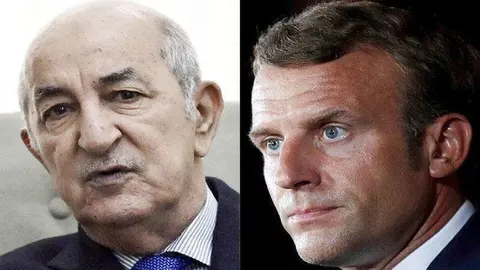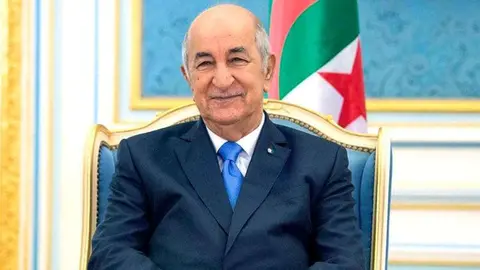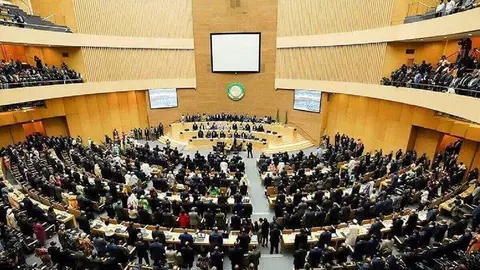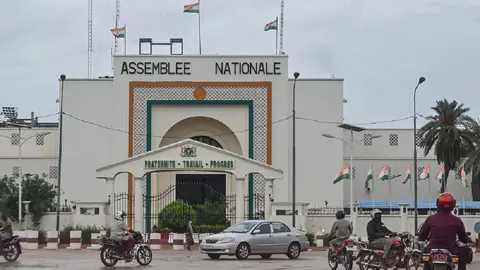Algeria uses diplomacy to avoid military intervention in Niger

Algeria's foreign minister, Ahmed Attaf, has embarked on a diplomatic tour of Nigeria, Benin and Ghana with the aim of finding a peaceful solution to the crisis that Niger has been suffering since last July's coup d'état against President Mohamed Bazoum.
As the minister himself said on his Twitter account, he will hold "consultations on the crisis in Niger and ways to deal with it" with his counterparts in these three countries, members of the Economic Community of West African States (ECOWAS). At extraordinary summits to address the situation in the Sahelian nation, the African bloc has decided to deploy its standby forces, saying it will use force if diplomacy fails.
ECOWAS, as well as the international community, has repeatedly demanded that the Nigerian coup plotters return power to the elected president, now detained by the new authorities. In order to put pressure on the current military leaders - who have already appointed a new government in defiance of regional and international demands - ECOWAS has imposed sanctions against the country.
Another African body, the African Union, has decided to suspend Niger's participation in all activities of the organisation and in its organs and institutions until the effective restoration of constitutional order in the country. Individual sanctions against members of the military junta are also envisaged.
Despite the united position of most countries in the region on Niger, there are some nations, including Algeria, that do not welcome military intervention to restore Bazoum to power and restore order to the country. States led by military coup leaders, such as Mali and Burkina Faso, have expressed their support for the new Nigerien leadership, while condemning ECOWAS sanctions and threats. They have even stressed that they will consider any action against Niger as a declaration of war. Guinea is another nation that has taken a stand against intervention, supporting Niger's coup leaders.
For Algeria, military intervention in Niger could pose a direct threat to its own national security. According to an Algerian government source quoted by Reuters, Algiers opposes any military intervention for fear of an influx of migrants into its territory. Such an action, the source said, would "aggravate the situation in Niger and across the Sahel".

President Abdelmadjid Tebboune himself said that "any external military intervention" in Niger would be "a direct threat to Algeria", which is why Algiers "categorically" rejects this option. "Without us there will be no solution. We are the first to be affected," he declared during an interview on national television. "What is the current situation in countries that have suffered military intervention? Look at the situation in Libya and Syria," Tebboune added.
Algeria shares a border of almost 1,000 kilometres with Niger. The North African country already borders two countries mired in instability, Mali and Libya, so it prefers not to open a third front in this regard.












